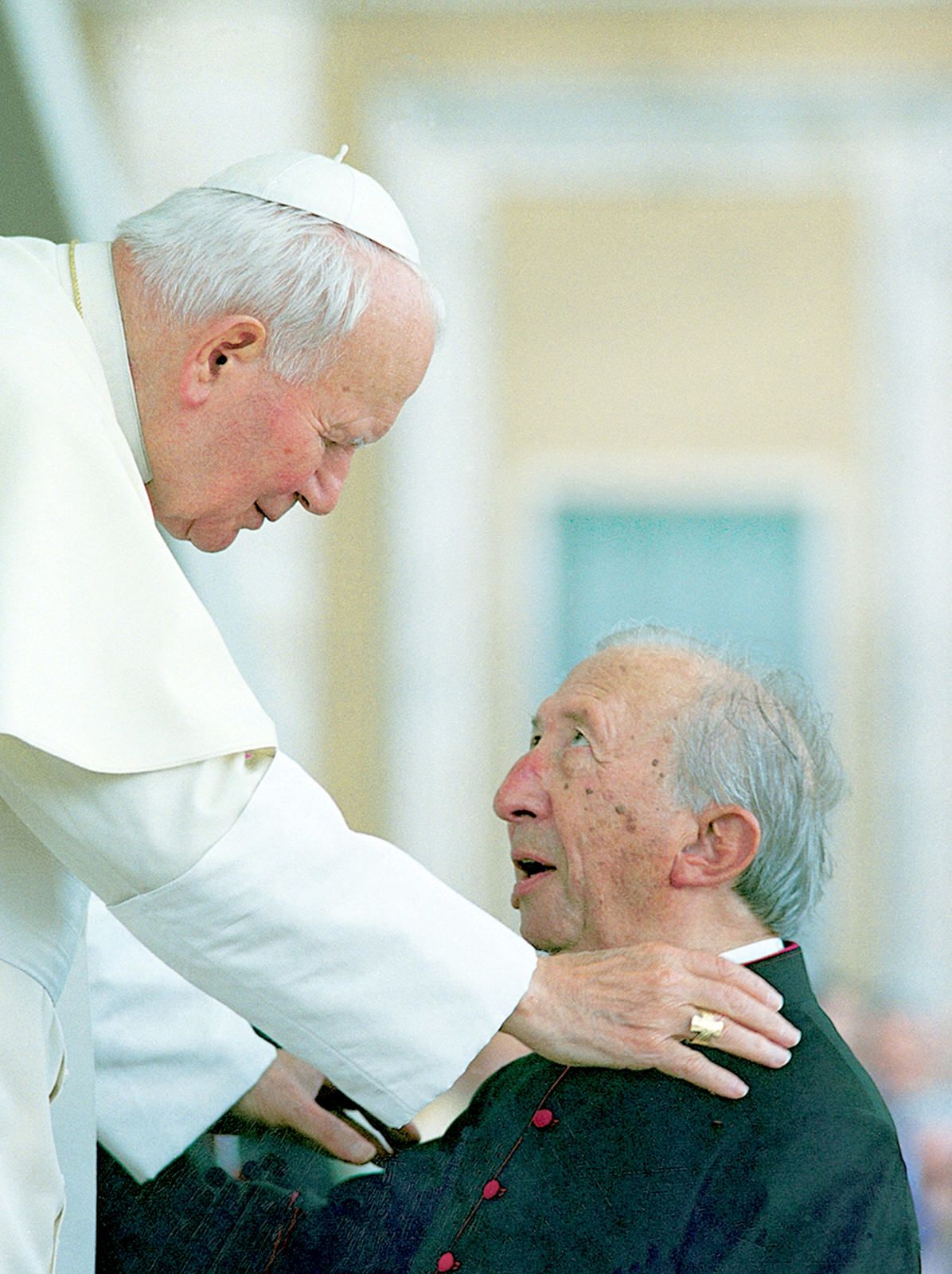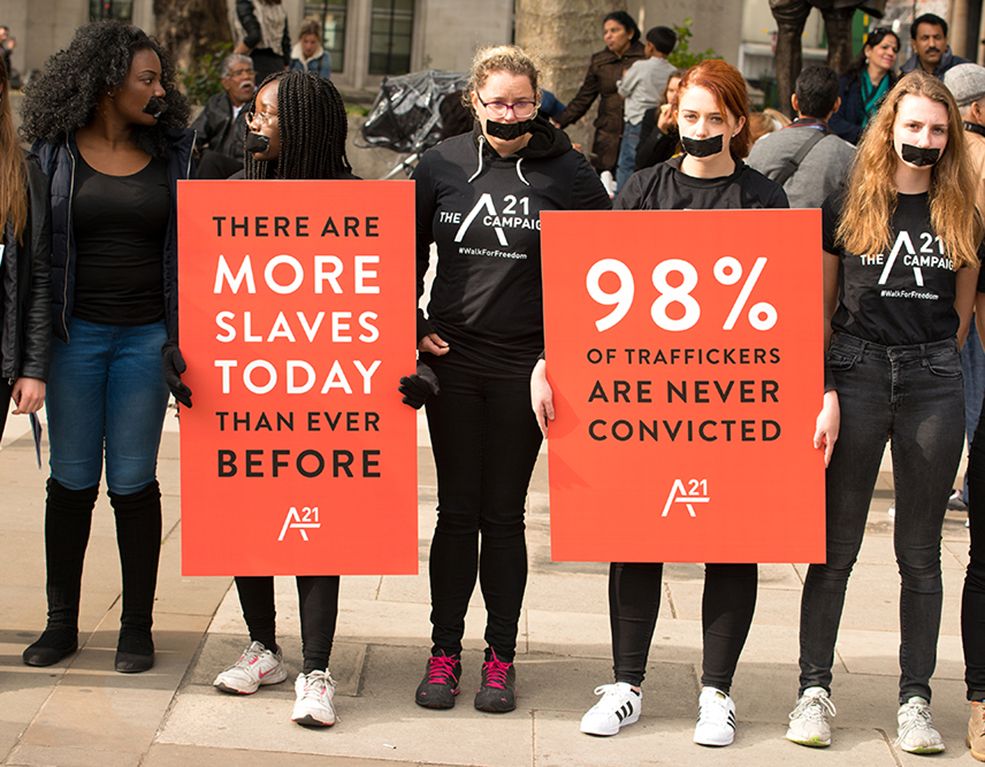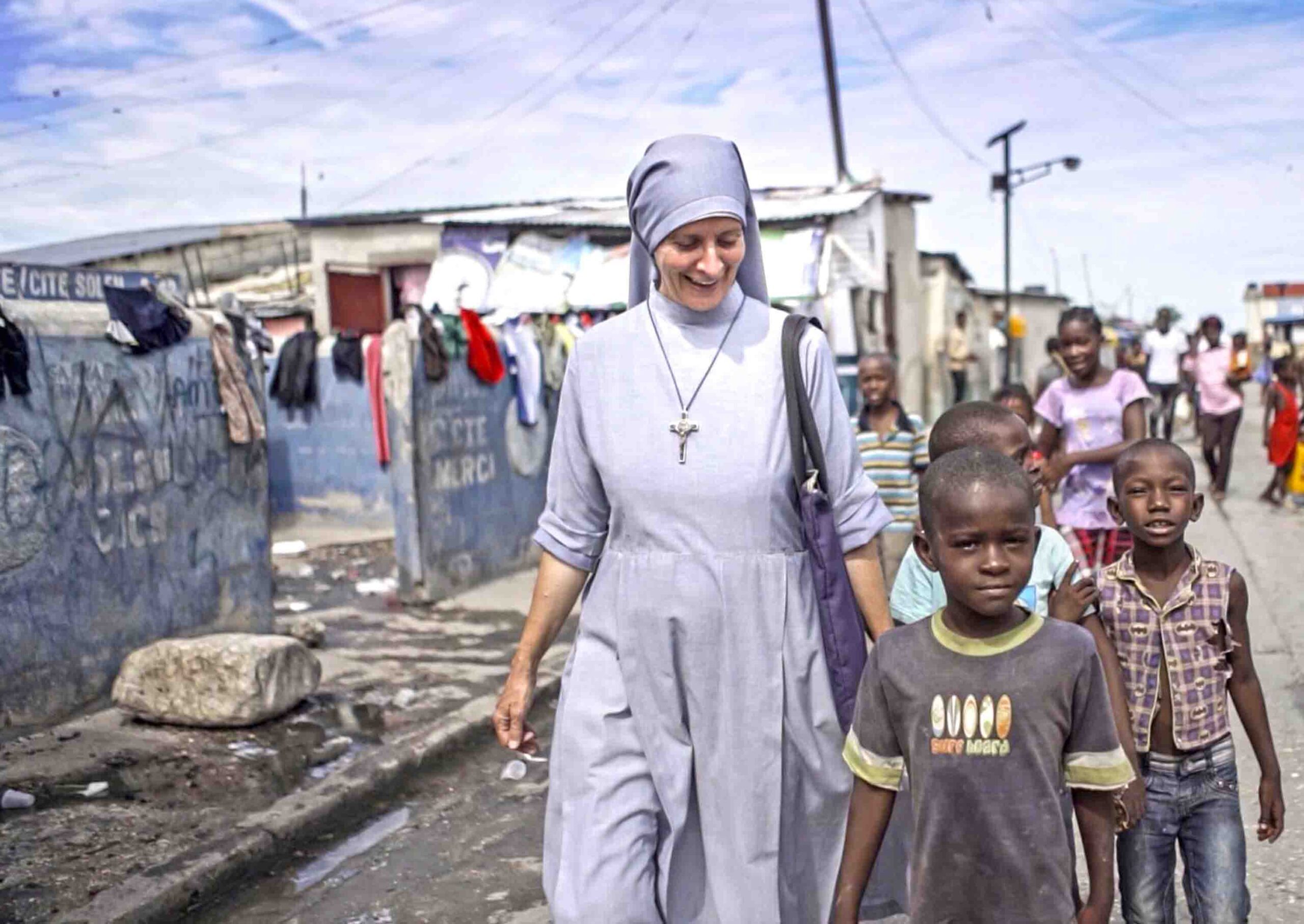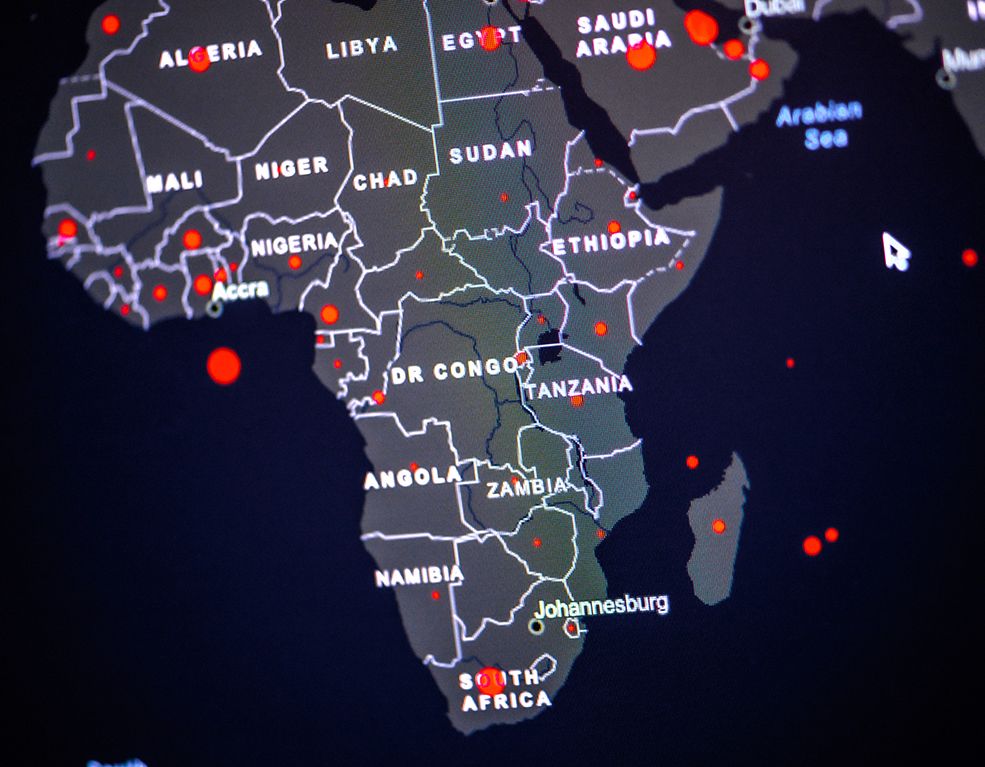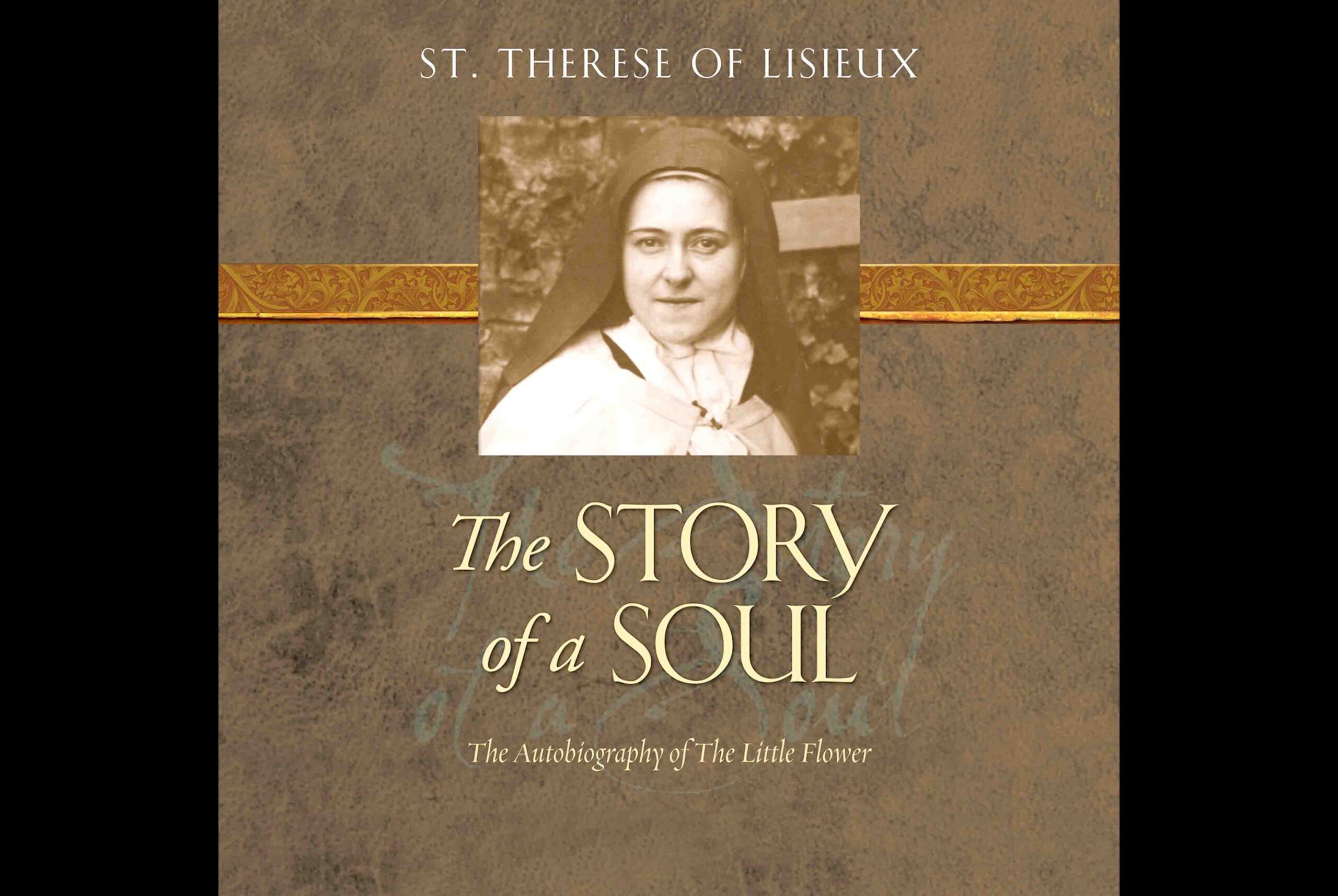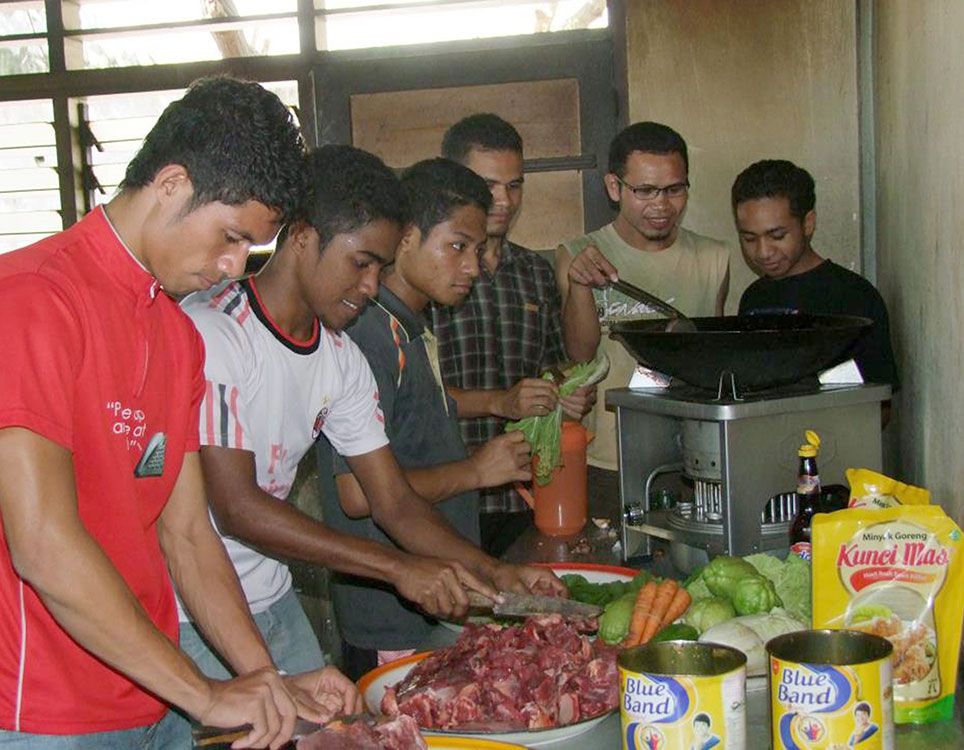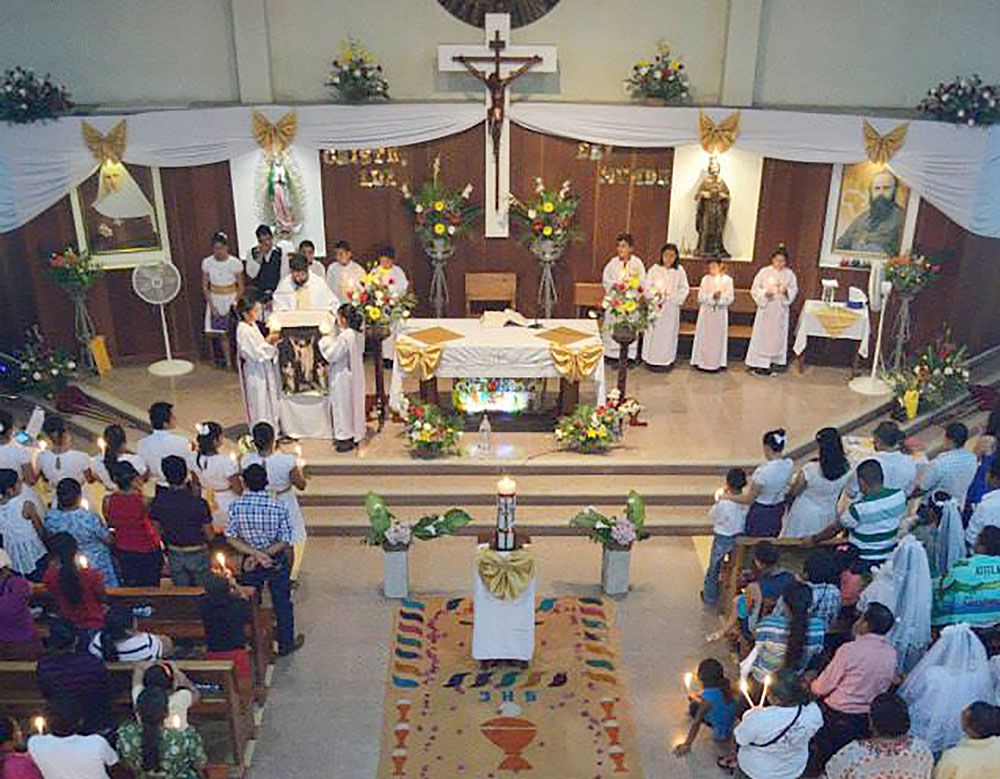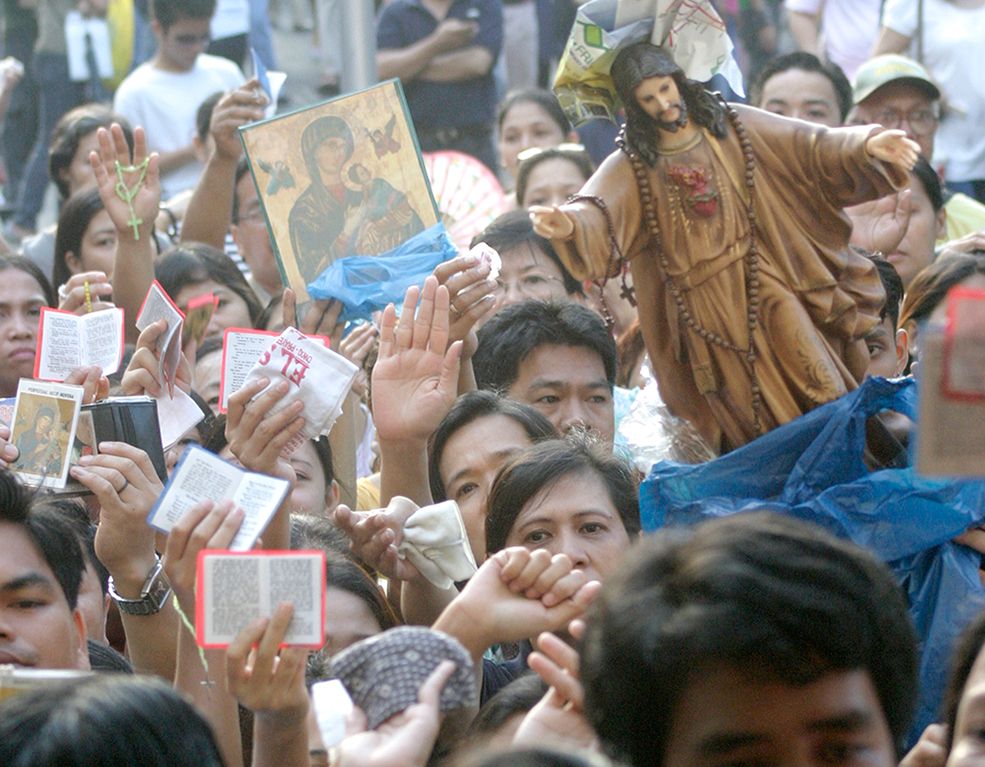Kyaw Thu has starred in over 200 films and directed several others since 1984. His popularity in Myanmar is comparable with George Clooney’s of Hollywood or Fernando Poe’s of the Philippines. But unlike other actors who would risk anything just to stay under the limelight, Kyaw Thu doesn’t mind leaving the red carpet. In fact, he is usually seen walking along dirt roads carrying coffins of nameless people who are worlds apart from the prominent stars he used to brush elbows with. The hero in the silver screen has been driving hearses and burying at least 40 people daily since 2001, after he co-founded the Free Funeral Service Society (FFSS) in Yangon.
After 14 years of caring for the dead, Kyaw Thu’s efforts were rewarded with international recognition. He is one of five recipients of the 2015 Ramon Magsaysay Award, Asia’s version of the Nobel Peace Prize. When he received the citation in Manila last August 31, Kyaw Thu thanked everyone who supported the FFSS, even Myanmar’s former military government, whose dismal performance is the reason for the country’s deteriorating public services.
“I would like to thank Myanmar’s military regime which, in a way, pushed me to have philanthropic motives –motives that triggered me to enter the world of service for the larger social good,” he said in his acceptance speech, drawing applause from the international audience that knows fully well what he meant.
Dignity to the end
Kyaw Thu and his colleague in the movie industry, the late U Thukha, established FFSS in 2001 after seeing the sorry state of burying people in their country. Buddhists, like Kyaw Thu, believe that burial rites have to be decent enough to ensure the departed person’s smooth transition to the next life. But respecting the last of every human’s right is clearly not a priority of the government.
When Kyaw Thu’s grandmother died, her remains had to be ferried to the cemetery alongside four other corpses. Apparently trying to save on fuel, the government habitually bring corpses to the cemetery and cremate them in groups. To give her grandmother the proper burial she deserved, Kyaw Thu’s family decided to use their own car to transport their grandmother to the cemetery.
“This (burial arrangement) happened even to the rich, so how much more to poor people?” Kyaw Thu said in Burmese (his quotes were translated to English by Thandar Khaing for this article.)
The late U Thukha, meanwhile, saw many unclaimed dead bodies at the hospital where he was once confined. Kyaw Thu said providing free funeral services to unclaimed corpses was U Thukha’s idea and he participated initially by donating money for the charity.
“As humans, we must have sympathy for one another. If we help somebody who fell on the road because of sympathy, we should also not neglect the dead people who were discarded and not claimed by their families. It is our responsibility to provide them with a smooth travel for the last part of their journey,” Kyaw Thu said.
Since 2001, Kyaw Thu said FFSS has buried between 40 to 50 corpses daily without charging the bereaved families a single kyat (1USD=1,287 MMK). But aside from saving on cost, the survivors were amused being next to a popular actor, let alone a rich man, in their household.
“When the grieving family members see me, they tend to forget about their miseries. They would offer me anything to eat or get my autograph. Somehow, I am satisfied getting an opportunity to give them a temporary relief from their grief,” he recounted.
But not everyone in Myanmar adores Kyaw Thu for giving free funeral services to the poor. Superstitious Burmese even stay away from Kyaw Thu despite his noble work.
“When I started this service, the artists who have been my partners in filmmaking did not want to be filmed with me anymore. Some producers also rejected filming with me just because I often touch dead bodies. They thought they might lose their dignity and fortune if they work with me,” Kyaw Thu said.
The government also proved to be an unappreciative ally. Instead of supporting the FFSS for filling in for the government’s shortcomings, the military regime even drove the group away. Kyaw Thu said their hearses were restricted from parking at several places and their organization was forced to move into a dump site to hold office.
But Kyaw Thu, together with his wife Myint Myint Khin Pe and the volunteers of FFSS, was not discouraged. From, initially, just providing free funeral services to poor dead people, FFSS now provides free health care services, free education, natural disaster response, humanitarian assistance to war victims, among others.
“Although we could only provide free funeral service at the beginning, we later found out that the reason of the deaths was because of unaffordable medical charges. This gave us an idea to set up the Thukha Charity Cinic where volunteer doctors provide free health care to patients,” Kyaw Thu said. As of press time, a main hospital has been set up in the capital, while four clinic branches are operating in different places. There is also a mobile clinic that is deployed twice a month.
“There are more than 200 patients in a day in our clinics so we came to realize that the ultimate cause of health problems is insufficient education. (To address this), we added free education programs at our association (to educate people how to prevent diseases)” he added.
Kyaw Thu admitted that the medical and educational services and humanitarian assistance of FFSS did not significantly reduce Burmese deaths but their multifaceted work has influenced others to put up similar organizations.
Aside from influencing others to follow suit, Kyaw Thu also earned the trust of local and international donors, including some superstitious ones. “When they donate, they only want to donate to me, not to others,” he added. But despite his fame and influence, Kyaw Thu did not consider using it for politics.
Ready to die
Having dealt with dead people everyday for a long time, Kyaw Thu claimed being comfortable with the idea of death. At 56, he said he is ready to die anytime.
“We all have to die and we can die anytime. Before we die, we must have a kind heart, and do good and right things. If we are always aware of death, there will be no anger and greed,” he pointed out.
“I can die anytime but the FFSS should still go on even if I die. We need to have good leaders and young generations to take our place and so we are preparing them to be capable leaders,” added Kyaw Thu, who is a devout Buddhist helping his fellow Burmese regardless of religion.
In the meantime, Kyaw Thu admitted that there is still a lot of work to be done in Myanmar.
“Public services in Myanmar have been deteriorating. We are trying our best to address issues where we can, and we are pleased with what we have done so far,” he said in his speech at the Ramon Magsaysay Awards Ceremony.
“Despite the fact that the number of civil society organizations has been increasing, we still have a lot to do to improve our economic and social environment. The road towards our democratization, in my opinion, entails strong civil society organizations that can truly represent the voice of our people,” Kyaw Thu stressed.
In accepting the 2015 Ramon Magsaysay Awards, Kyaw Thu said the citation is an inspiration for him, for the Burmese people and for all groups in Myanmar that are engaged in charitable work and public service.
“I accept this award on behalf of Myanmar’s women and men who join hands with me in building a better nation. In the depths of my heart, this award is much more than an honor. It is a source of strength and inspiration for me and my people,” he added.
(This interview was conducted before Myanmar’s parliamentary election in November 2015 and describes the dire situation and dismal public services under the former military regime. It is hoped that Myanmar’s transition from military rule to democracy, will improve the quality of life of this Southeast Asian country’s people. –Ed.)
For parties interested to support the Free Funeral Services Society, you may get in touch with Kyaw Thu at email address kyawthu21159@gmail.com or with his wife, Mint Mint Khin Pe, FFSS Secretary, at szk1011959@gmail.com.









